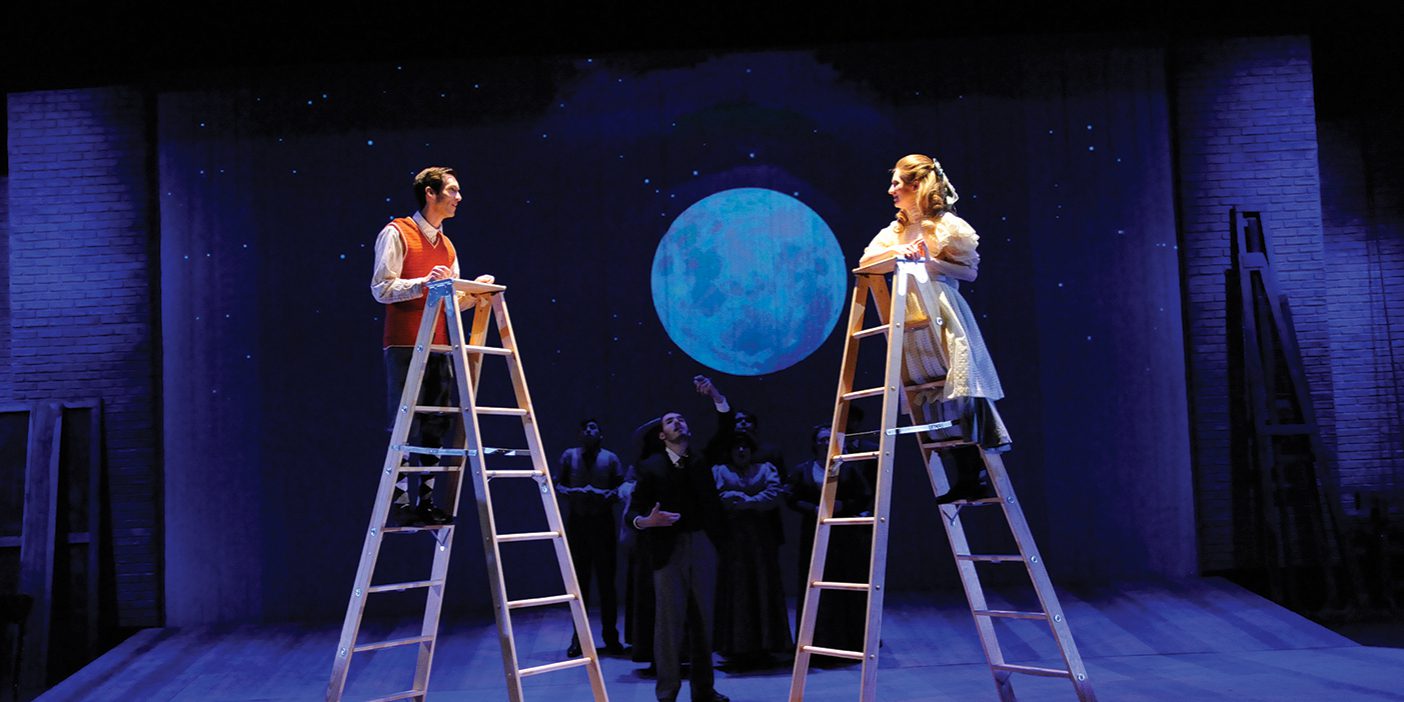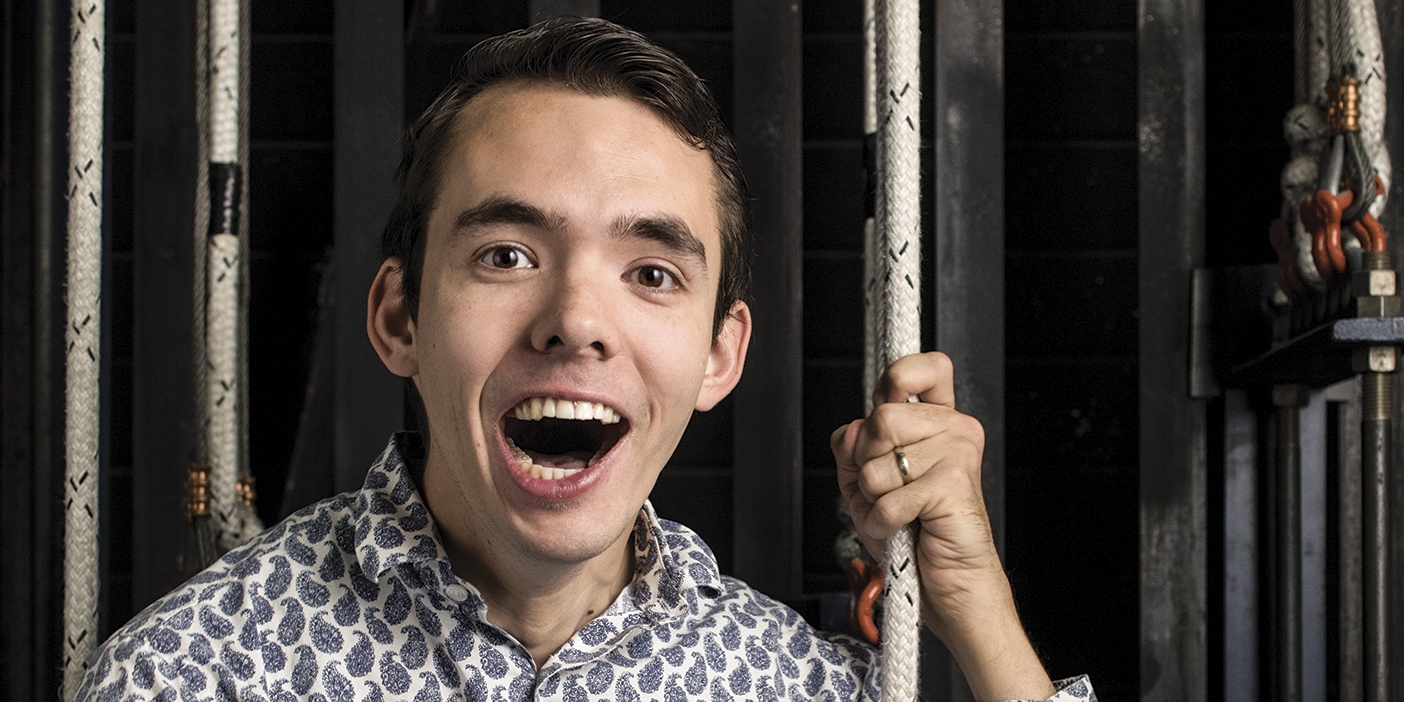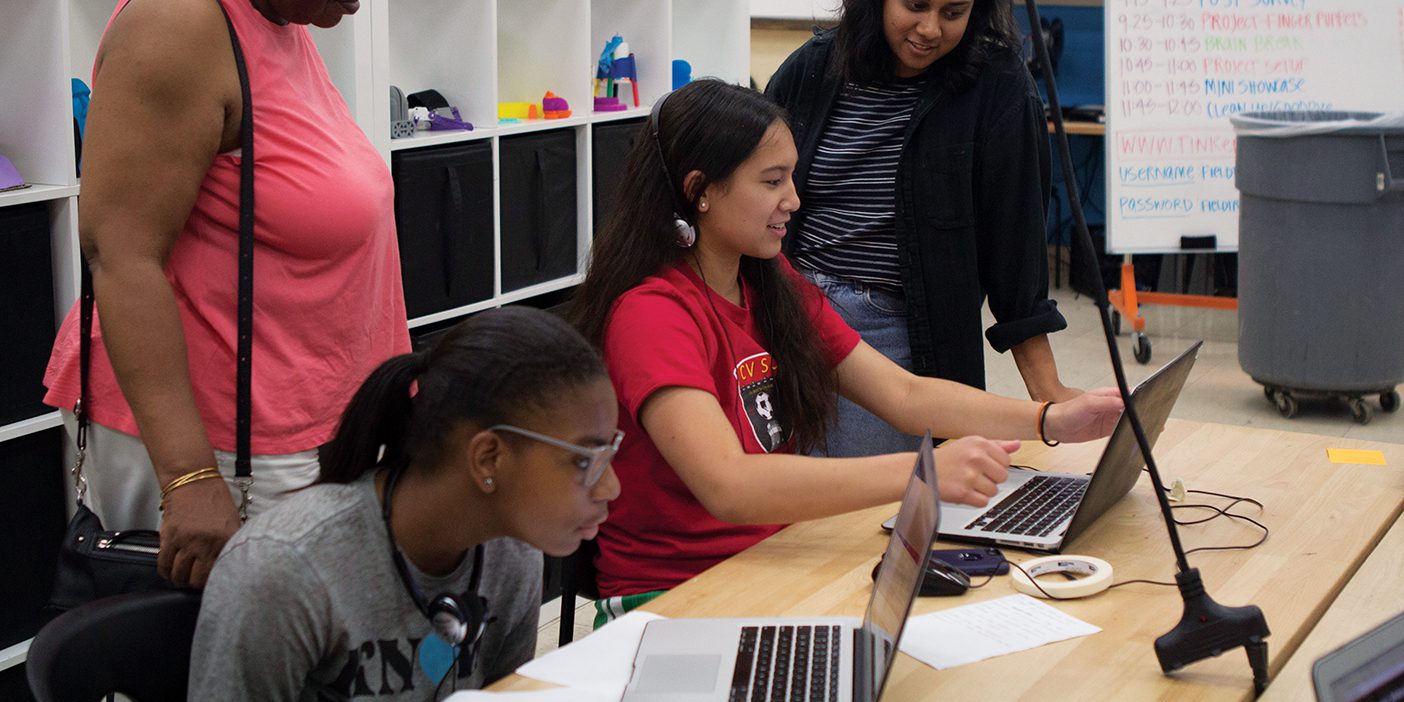Born in New York and raised in Mexico City, bilingual actor and director Heidi Méndez Harrison (BA ’82) has a place in her heart for youth who have lost their way. “These are not throw-away kids,” she insists, and since 2015 she has backed up that belief by leading the nonprofit youth theater company Act Risk No More, which makes original plays from the writings of kids in detention centers. Her company then performs the plays for young people in rehab, detention, work camps, and group homes. Méndez Harrison has also published a book of raps, poems, and stories by kids in detention called Behind These Walls.

“It was like the heavens opened and a frying pan fell on my head. We had been visiting Utah, and at church this lady gave a talk about kids in juvenile detention. Then the prompting came: ‘This is what you’re supposed to be doing.’ So I spent two years at Slate Canyon in Provo and Salt Lake Valley DT getting kids to write stories and do acting exercises. I discovered that these kids are artists, and if their creative side is working, the destructive side can’t work. If you’re in light, you can’t be in darkness.”
“Art—like writing and acting and storytelling—is transformational because it involves the brain, the heart, and the soul. It’s emotionally involving, spiritually involving, and intellectually involving.”
“You could see light flooding into a dark place. When I’d come into the detention center, kids would say, ‘Oh, I wrote something for you.’ The fact that someone is going to read it and care, care what their deepest feelings are, would put light in their eyes.”
“When these kids get out of juvie, I realized, they’re going to go back to doing the same thing they were doing before unless they have a safe place to go to. So I created a youth theater company. Kids could write their stories, perform them, and help other kids that have been through what they’ve been through. Every one of them has a story of why they were locked up.”
“We’d take at-risk actors with their own stories of abuse and depression and suicide attempts and do one-hour performances at the detention and other youth centers based on the 200 stories I’d collected in DT. The kids would say, ‘Oh my gosh, they understand me; I’m not alone.’ Or the youth writers in the audience would feel validated that somebody was performing their piece. They’d feel important and that what they’d been through was important.”
“I told one kid in DT that he needed to write. He had, at age 5, witnessed his stepmother trying to drown his baby brother, whom he tried to save. Now he’s written 200 poems. He mailed me his art, and we created a show around it that we performed for him as a Christmas present. Now he’s just performed as an actor at the Salt Lake Fringe Festival and is getting paid. He says Act Risk No More saved his life.”
“If you’re in light, you can’t be in darkness.” —Heidi Méndez Harrison
“Kids grab on to being part of an ensemble because they’re part of a family. These kids have family issues, and all of a sudden they get a surrogate family where they are loved and accepted and whatever they have to say matters. And then we move on to the next step of owning our past—owning whatever it is we did or whatever has happened to us, writing it down, and then actually voicing it. That gives us power.”
“People need to get educated about what is going on with kids and stop living in a bubble. They’re dealing with mental illness, abuse, suicide, gangs, sexual assault, drugs, and rejection. It’s going on all around us. We must not judge them but love them and never give up on them.”












